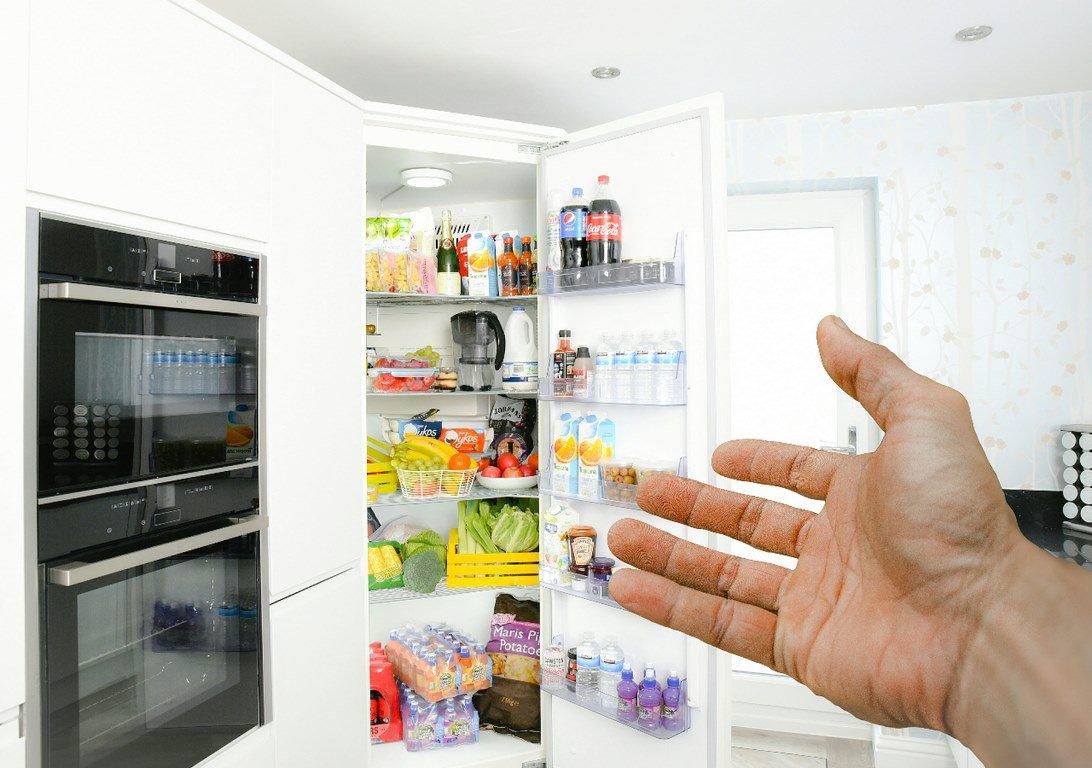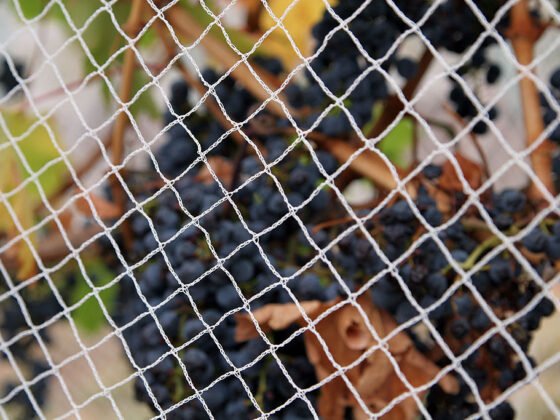Table of Contents Show
Refrigerator water filters are designed to filter the dirty water coming into your refrigerator.
These filters can become blocked with sediment and other substances, but they still need to be changed regularly to filter the water that comes in.

This article will tell you how often to change your refrigerator water filter and tell you what to do when changing it. You can also see website here for more information.
How Often Should I Change My Refrigerator Water Filter?
Generally, it is recommended to change your filter once every six months. But, this is only a general guideline.
If you want to know when you should change your filter, you can use a water test kit. This will let you know precisely what is in the water and how much sediment is in it.
Also, it depends on how often you use your water filter. If it’s not very often, then the water can get stagnant, and the potential for mold and bacteria growth is much higher.
Changing the filter regularly is also one way to keep mold and mildew from growing in your refrigerator, thus keeping your food safe from these microorganisms.
But, again, filtering your water will keep this from happening.
Read Also:
Signs You Need to Change the Filter
There are some signs you can watch for that will let you know when it’s time to change your filter:
Refrigerator Water and Ice Smell Bad
Have you noticed an odd smell coming from your ice or the water from your refrigerator? If so, this could indicate that it is time to change your filter.
If you notice a foul odor coming from your fridge water or ice, the water has become stagnant and needs changing.
You Notice Discoloration in The Ice Cubes or Water Inside of The Refrigerator
You should change the filter right away if you notice any discoloration in the ice cubes or water inside of your refrigerator.
If you see the water looking yellow, green, or brownish, you know that it is time for a new filter.
The Refrigerator’s Water Dispenser Doesn’t Work Well or Is Slow
The refrigerator water dispenser can be slow, not work, or simply give out many air bubbles with very little water.
This can be a sign that the filter needs to be replaced. Usually, changing your filter will fix this problem right up so your fridge’s dispenser will dispense average amounts of clean water again.
Refrigerator Water and Ice Taste Bad
One thing that you should know, even if you’re not using a water filter in your refrigerator, is that the water from the tap may have a bad taste.
You can test this by taking some of it out and letting it sit for a while. If the taste changes and it’s no longer fresh and clean, then your water may be contaminated with bacteria or algae if there has been a leak or some other problem in the pipes.
So you should change your filter to ensure that you don’t get sick by drinking this tainted water.
What Should You Look for in a Refrigerator Water Filter?
The first thing you should look for in a refrigerator water filter is an NSF certification. This ensures that your filter meets all health and sanitation standards.
It means that the water in the filter is safe for drinking and won’t make you sick or contaminate your food. The second thing to look for is the lifespan of the filter.
When choosing a refrigerator water filter, the third thing to consider is how much sediment it can remove from your water.
How to Change Your Filter
- Loosen the filter and unscrew it from the fridge. Use the old filter to determine what type and size new replacement is needed.
- Put in a new water filter and tighten securely to prevent any water leakage in the line.
- Put the lid back on and screw it back in. The filter should be tight enough to prevent leakage but should not be so tight that it cracks. If this happens, you will need to replace it.
- You can now pair your new filter with the water in your refrigerator and store it until you need to wash your dishes or fill up a drink bottle for the next time you put ice cubes in it.
A refrigerator water filter is a great thing to have if you want to make sure that the water from your refrigerator is always clean and fresh.
It prevents contamination and the growth of bacteria, mold, and mildew, which can make your food unsafe to eat or make it taste bad.
Since it eliminates these microorganisms before they get into the waterline, you never have to worry about recontamination.









